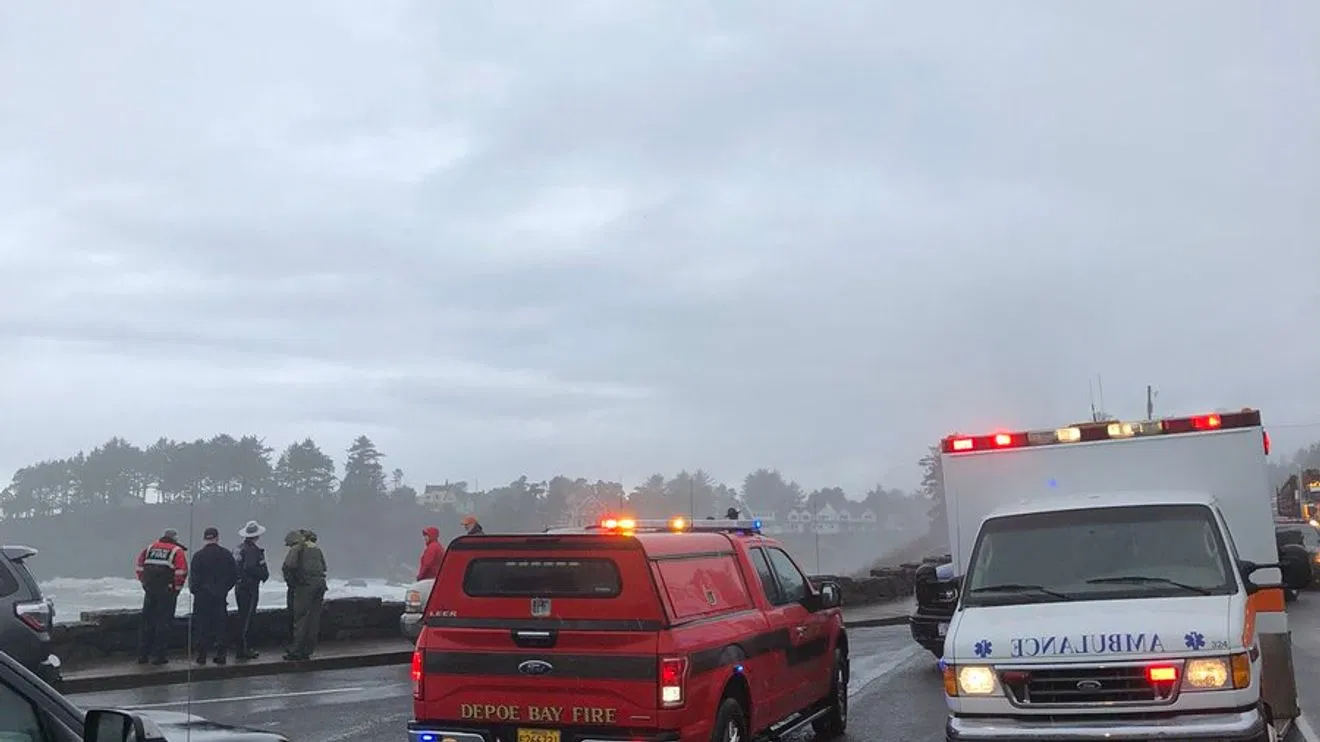
OFFICE OF THE SHERIFF
Sheriff Dennis L. Dotson
225 W. Olive Street
Newport, Oregon 97365
Tel (541) 265-4277
Fax (541) 265-4926
TIP OF THE WEEK
Date: December 21, 2015
EMERGENCY COMMUNICATION PLANS: GET TECH READY
• Emergency contacts – create an “In Case of Emergency” contact group in your phone to give to or assist first responders in reaching the right contacts quickly on your behalf. Keep your contacts updated across all of your devices (phone, email and social media) to quickly update key people on your status or find information on family members. Prepare a family contact sheet that includes at least one out-of-town family member (email the sheet to your contacts and keep an electronic copy in your email inbox).
• Back-up power sources – keep back-up charger cords at home, work and in your car, consider purchasing a converter for your car so you can charge additional items as needed and a crank battery charger in your Go-Kit.
• If you have a traditional landline (non-broadband or VOIP) phone, keep at least one non-cordless phone available in case you lose power and need to call for help.
• If you are evacuated and have call-forwarding on your home phone, forward your home phone number to your cell phone number.
• If you do not have a cell phone, keep a prepaid phone card to use if you are evacuated or cannot make it back to your home and need to update family on your status.
• Have a battery-powered or hand-cranked radio available (with spare batteries) to receive emergency information through public radio during a community disaster response.
Emergency Communication – The following are additional tips when making phone calls and using your smartphone during or after a disaster:
• Keep all phone calls brief. If you need to use a phone, try to convey only vital information to emergency personnel and/or family.
• If you are unsuccessful in completing a call using your cell phone, wait ten seconds before redialing to help reduce network congestion.
• Immediately following a disaster, resist using your mobile device to watch streaming videos, download music or videos, or play video games, all of which can add to network congestion. Limiting use of these services can help potentially life-saving emergency calls get through to 9-1-1.
• For non-emergency communications, use text messaging, e-mail, or social media instead of making voice calls on your cell phone to avoid tying up voice networks. Data-based services like texts and emails are less likely to experience network congestion. You can also use social media to post your status to let family and friends know you are okay. In addition to Facebook and Twitter, you can use resources such as the American Red Cross’s Safe and Well program.
FEMA provides an excellent Smart Phone App for preparedness ideas; considering downloading to aid you in your planning efforts and to encourage your children to get involved. Download the FEMA App: Android Devices, Apple Devices, and Blackberry Devices.
For more tips and information, visit our website, use the “MobilePatrol” app on your Smartphone, and Like us on Facebook.
